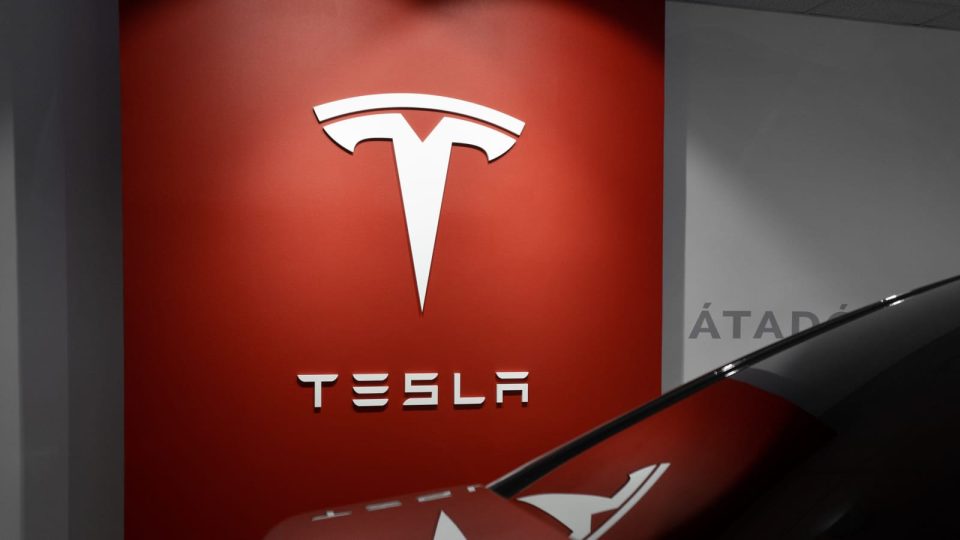Tesla (NASDAQ: TSLA) shares opened Tuesday’s trading session down more than 7%, reflecting a confluence of challenges that have rattled investor confidence. The drop comes amid a heated public feud between CEO Elon Musk and former President Donald Trump, intensifying political scrutiny, and growing competitive threats, especially from Chinese automakers.
The latest slide in Tesla’s stock price follows a renewed clash between Musk and Trump, who has publicly questioned the level of government support Tesla receives. On his social media platform, Trump accused Tesla of benefiting excessively from U.S. electric vehicle subsidies and suggested the company would struggle without this financial backing. The timing is critical, as Congress is considering a new bill that could eliminate the $7,500 federal tax credit for electric vehicles as soon as September 30. If passed, this move would directly impact Tesla’s sales, especially as the company relies on these incentives to keep its vehicles competitive in the U.S. market.
Market analysts have noted that this political drama has created a cloud of uncertainty around Tesla’s future regulatory environment. The possibility of stricter oversight or reduced subsidies has made investors nervous, particularly given Tesla’s ambitions in autonomous vehicles and its reliance on U.S. government contracts for both Tesla and SpaceX.
Beyond the political noise, Tesla is grappling with a slowdown in its core business. The company is set to report another decline in quarterly vehicle deliveries, with analysts forecasting an 11% year-over-year drop for the second quarter. This follows a 13% decline in the previous quarter, marking the first time in years that Tesla’s annual sales of its mainstay models have fallen. Elevated interest rates and a maturing electric vehicle market have contributed to softer demand, while customers have also delayed purchases in anticipation of updated models.
Tesla’s challenges are compounded by aggressive competition in key markets. In China, Xiaomi’s YU7 model has outperformed Tesla’s Model Y, offering better value and advanced features. This has led to a significant erosion of Tesla’s market share in the region, a crucial battleground for electric vehicle makers. In response, Tesla has rolled out upgrades to its Model 3 and Model Y, including improved battery range and performance, as well as incentives like zero-interest financing, insurance subsidies, and charging benefits. Despite these efforts, the competitive landscape remains fierce.
The situation is similar in Europe, where Tesla’s registrations in Denmark plunged 62% year-over-year in June, signaling waning demand in a market where the company once saw strong growth.
Market watchers say that Tesla’s recent volatility is a reaction to both immediate and longer-term uncertainties. The ongoing Musk-Trump feud has added a layer of unpredictability, while the looming threat of subsidy cuts and regulatory changes could reshape the economics of electric vehicle sales in the U.S. and abroad. Meanwhile, Tesla’s need to defend its market share against nimble competitors like Xiaomi and to reignite demand in Europe and China is likely to keep pressure on the stock.
As Tesla prepares to report its second-quarter delivery numbers, investors will be watching closely for any signs of stabilization or further deterioration in demand. For now, the company faces a challenging road ahead, with both external and internal factors converging to test its resilience.

